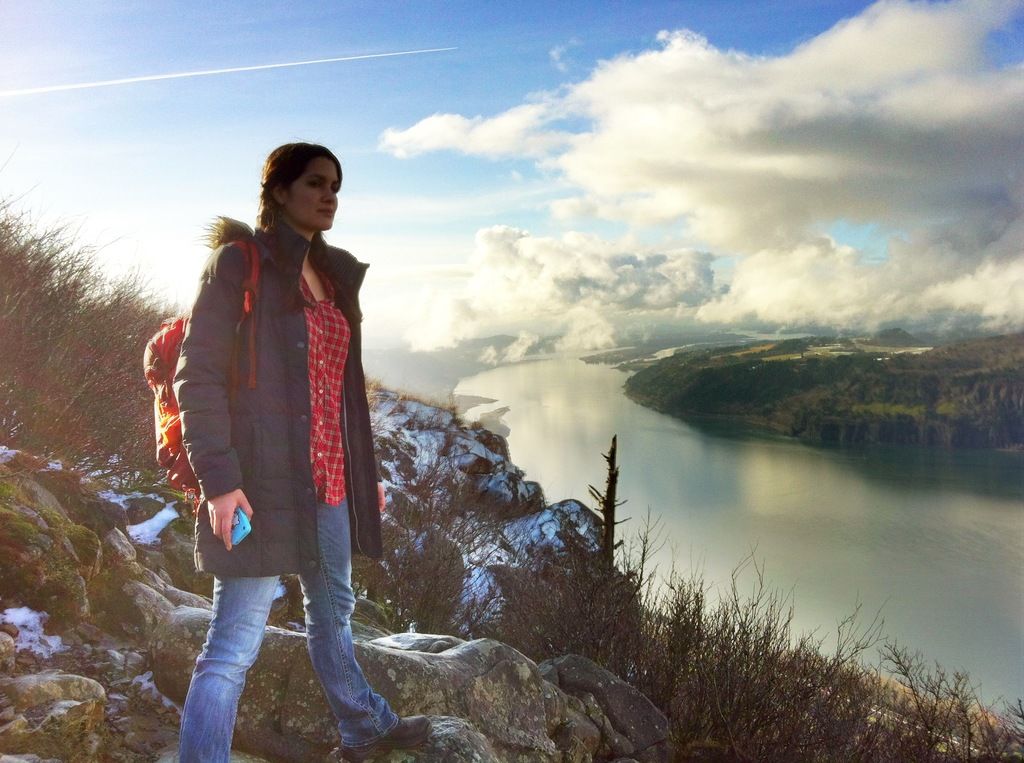Unveiling Merkel's Gas Storage Deal with Gazprom: Why Business Ties Trumped Geopolitical Risks
Merkel Greenlights Gazprom Agreement
Angela Merkel's Russia policy has been under fire, especially after the crisis in Ukraine. Recently, documents from the Chancellery have been released revealing the backdrop of the gas storage deal between Germany and Gazprom. Despite internal warnings and geopolitical tensions, Merkel pushed through the deal that would later symbolize Germany's questionable Russia policy.
The Gas Storage Sell-off to Gazprom
Internal Chancellery documents show that Merkel greenlit the sale of German gas storage facilities to Gazprom, despite risks and the annexation of Crimea by Russia. The deal was a part of a broader partnership between German companies and Gazprom, with German firms like BASF gaining drilling rights in Siberia in exchange for gas storage facilities.
A Strategy Balanced on Economic Interests
The German government prioritized economic concerns and the reactions of neighboring countries like Ukraine, Poland, and the Baltic states over potential risks. The annexation of Crimea by Russia did not significantly impact Germany's gas policy under Merkel, with the focus remaining on economic cooperation.
The government's stance on Nord Stream Pipelines
The documents reveal that the Merkel government actively supported the construction of the Nord Stream 2 pipeline, framing it as a private initiative when presented to the public. The government demonstrated a deep level of engagement in the project, suggesting a strategic approach to energy security and economic interests.
A Multifaceted Decision Amidst Geopolitical Tensions
Despite internal discussions about potential risks, the German government believed that Vladimir Putin would not cut off gas supplies to Germany. However, the actual cessation of gas flows through Nord Stream 1 in 2022 following EU sanctions highlighted the risks of such a strategy.
Sources
- ntv.de
- mau
- Gazprom
- Angela Merkel
- Crimea
- Attack on Ukraine
- The employment policy within the government, regarding the gas storage deal with Gazprom, prioritized economic concerns over geopolitical risks, echoing a similar approach seen in the industry and finance sectors.
- The energy sector's strategy, as demonstrated by the gas storage deal and various industry partnerships with Gazprom, such as those involving German companies like BASF, has significantly influenced Germany's general-news landscape, particularly as it concerns relations with Russia.
- Politically, Angela Merkel's gas policy, highlighted by the gas storage deal and the Nord Stream pipelines, has been criticized for balancing economic interests with geopolitical risks, such as the annexation of Crimea and the attack on Ukraine, despite internal warnings.








